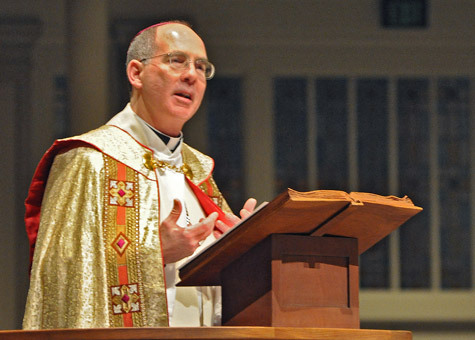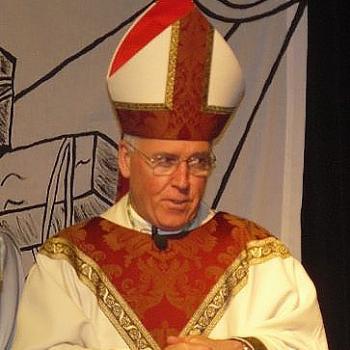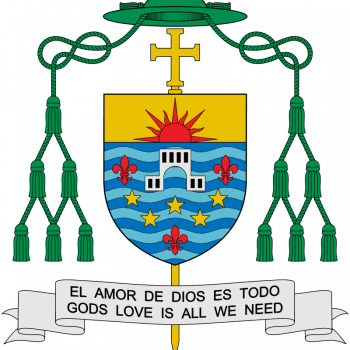
CNS spoke today with the archbishop overseeing the inquiry into the organization of religious sisters:
A Vatican-ordered reform of the Leadership Conference of Women Religious is not directed at women’s religious orders or at any individual sisters, nor is it a statement on the general quality of religious life today, said the American archbishop overseeing the controversial measure.
“The impression is given that the Holy Father or anybody involved is saying something negative about religious women in the United States, which is not the case,” said Archbishop J. Peter Sartain of Seattle. “This particular task is not about making comments on any particular religious order or religious women in general.”
The archbishop spoke to Catholic News Service June 14 in Rome, two days after meeting with U.S. Cardinal William J. Levada, prefect of the Congregation for the Doctrine for the Faith, and the LCWR’s top two officials, Franciscan Sister Pat Farrell, president, and St. Joseph Sister Janet Mock, executive director. None of the parties has revealed details of what they discussed…
…Archbishop Sartain told CNS that he regretted “distractions from the outside that include misinterpretations,” and that he was especially “saddened” by the perception “that this particular doctrinal assessment is about American religious life in general or about particular religious orders or about particular sisters.”
“The task that’s been given to me and my brother bishops and others who will eventually help us is specifically about the Leadership Conference of Women Religious, that organization precisely,” he said, “because it has great importance for the relationships among the member religious communities and between those specific religious communities, the Holy See and the bishops’ conference of the United States.”
The archbishop dismissed a question as to whether the reform of the LCWR might be considered part of the larger process of clarifying the church’s understanding of religious life in the light of modernizing reforms that followed the Second Vatican Council.
“This is specifically about the LCWR,” he said.











